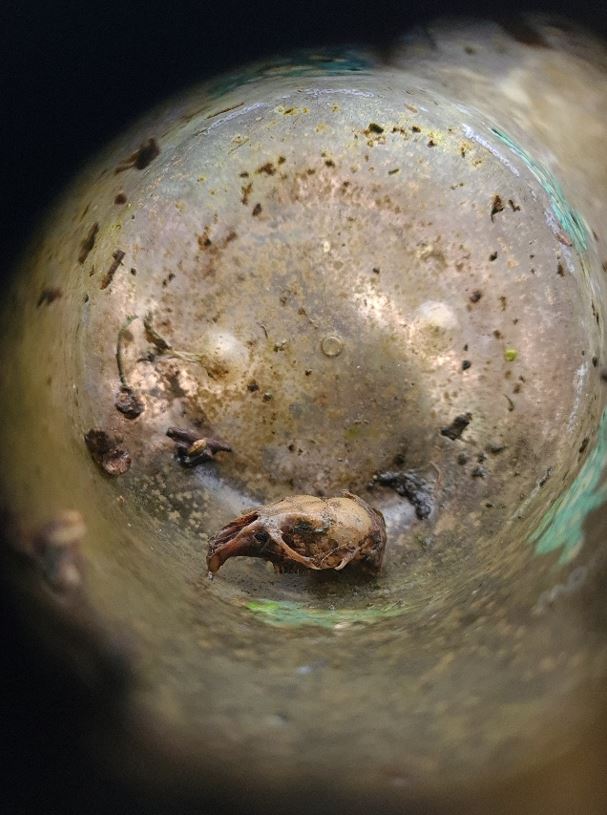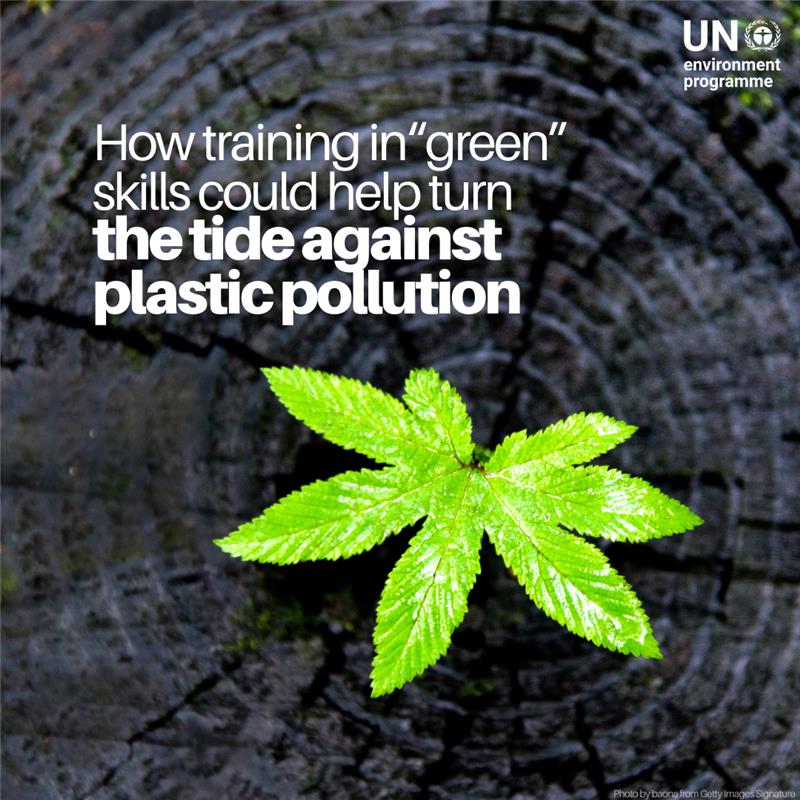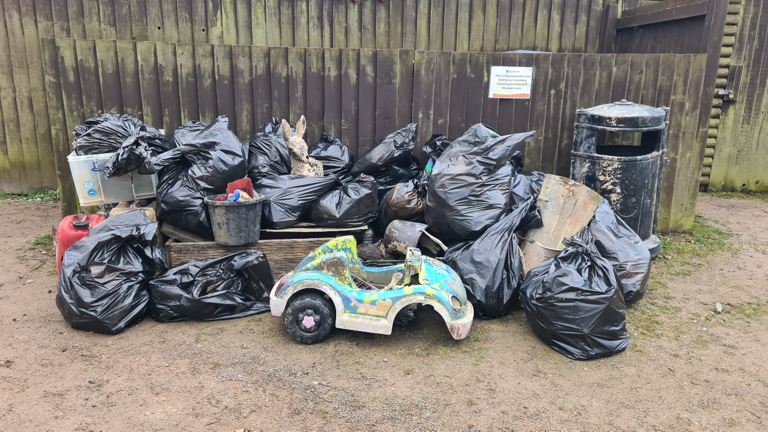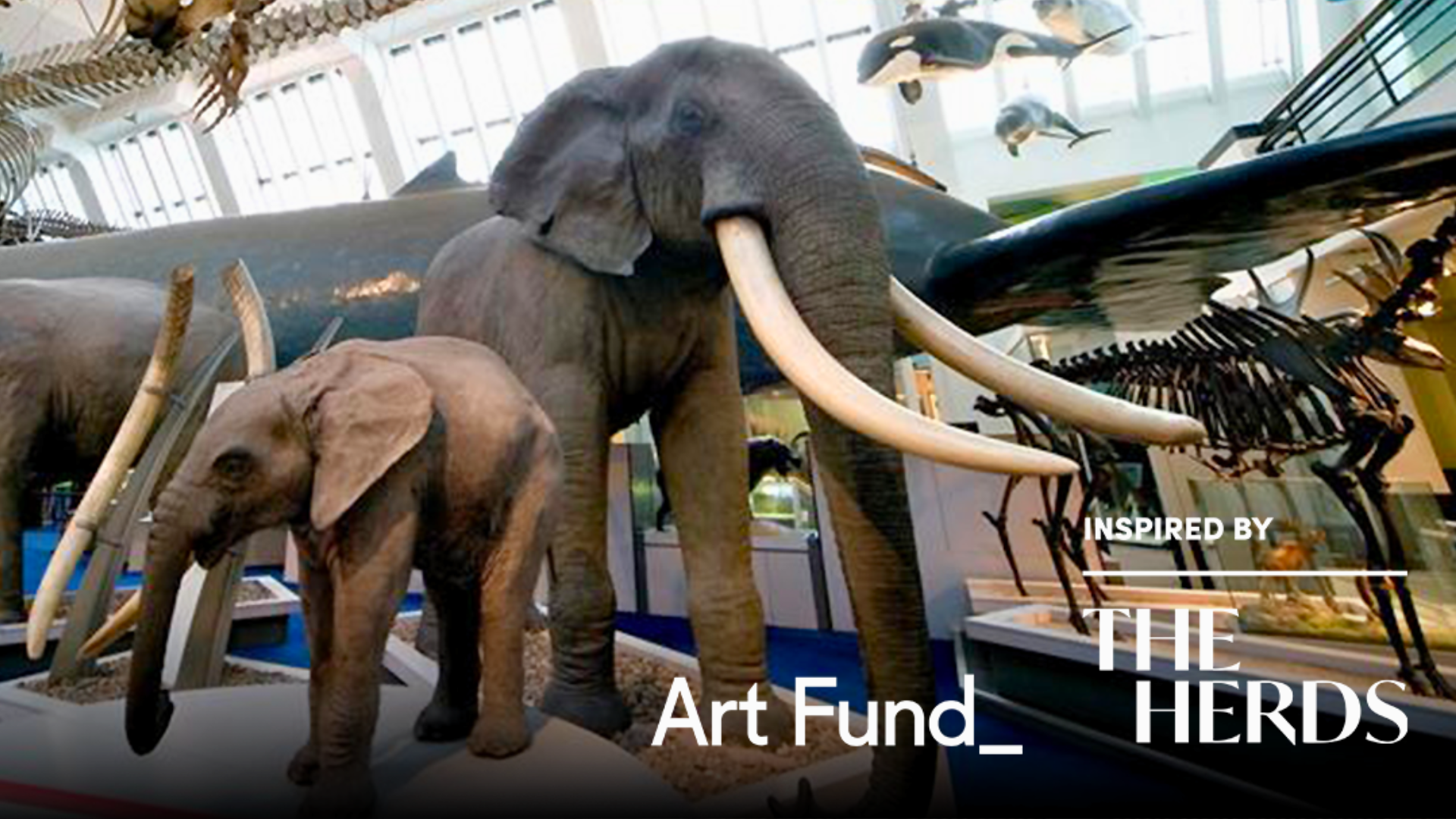Turning the Tide on Plastic Pollution at Stanwick Lakes and Beyond
On Thursday the 5th of June 2025 it is World Environment Day and this year the organisation is shining the spotlight on plastic pollution. Research estimates that households across the UK throw away a staggering 1.7 billion pieces of plastic packaging a week. This adds up to around 100 billion pieces of plastic being thrown away in the UK each year, the same as the number of stars in the Milky Way (Surfers Against Sewage and the Big Plastic Count 2024)! With only 9% of plastic ever created being recycled, much of the rest is ending up in our waterways, causing untold problems for a wide range of species, including our own. This year’s World Envrionment Day theme, #BeatPlasticPollution, highlights the urgent need to address these issues throughout the UK and beyond.
At Stanwick Lakes, we pride ourselves on maintaining a healthy and litter-free environment for both wildlife and visitors. Our Ranger team and our amazing conservation volunteers complete regular litter picks to keep the plastic pollution at bay. However, the unprecedented floods in September 24 and throughout the winter brought with them a deluge of debris, predominantly plastic waste, that was left scattered across our 750 acre site. Thankfully, the herculean efforts of our volunteers, safely removed as much of it as possible, but the sheer amount of waste was a stark reminder of the scale of plastic pollution in our UK waterways.
Whether plastic pollution enters our waterways through littering, flood events or poor waste management, much of it ends up in the ocean and along the way causes multifaceted threats to wildlife:

- Entanglement and Entrapment: Animals can become ensnared in plastic debris, leading to injuries, impaired mobility, or even death. Litter dropped in Northamptonshire could entangle British species, such as this poor mouse that had become trapped in a plastic bottle, or, after a journey out to sea, could entangle a whale’s fins in the Atlantic Ocean.
- Ingestion: Many water-dwelling species mistake plastic items for food. This can cause internal blockages, malnutrition, or exposure to toxic substances.
- Microplastics: These tiny plastic particles, often resulting from the breakdown of larger items, enter the food chain, affecting organisms from tiny invertebrates to larger predators. The impacts of ingesting microplastics tends to accumulate the further up the food chain it gets, a process known as bioaccumulation, and can include physical harm, inflammatory responses, behavioural modifications and even death (Jeong et al, 2024). These impacts are currently being studied in humans too, as more and more microplastics make their way into the food we eat and the water we drink.
- What can we do about it?
- Reduce: Opting for reusable items over single-use plastics wherever possible reduces the amount of plastic in the environment and encourages companies to invest in sustainable practices. At Stanwick Lakes, the packaging in our café is all recyclable or compostable.
- Recycle: Properly sort and dispose of waste to ensure it doesn’t end up in natural habitats.
- Participate: Join local cleanup events or litter picks to directly help remove plastic pollution from our environment! Keep your eyes peeled for community litter picks at Stanwick Lakes or join our Conservation volunteer team to contribute to our clean-up efforts during times of flooding.
- Educate and Advocate: Share information about plastic pollution with friends and family. Encourage local businesses to adopt sustainable practices and support policies aimed at reducing plastic waste.

The United Nations Environment Programme (UNEP) is the leading global authority on the environment. Ahead of #WorldEnvironmentDay on June 5, this Q&A looks at the role green skills can play in driving real change:
How training in green skills could help turn the tide against plastic pollution
We would like to say a huge thank you to our volunteers for all their help with litter picking – every piece of plastic we collect, is one less ending up in our waterways and it makes a huge difference. We would like to extend these thanks to all of our visitors who dispose of their waste responsibly.

Find more information about upcoming events at Stanwick Lakes here: https://stanwicklakes.org.uk/whats-on/
Find more information about joining our Conservation volunteer team here: https://stanwicklakes.org.uk/volunteering/
About World Environment Day
World Environment Day on 5 June is the biggest international day for the environment. Led by UNEP and held annually since 1973, the event has grown to be the largest global platform for environmental outreach, with millions of people from across the world engaging to protect the planet. This year, World Environment Day joins the UNEP-led #BeatPlasticPollution campaign to end plastic pollution.
About Beat Plastic Pollution
Since 2018, the UNEP-led #BeatPlasticPollution campaign has advocated for a just, collective, and global transition to a world free of plastic pollution.







